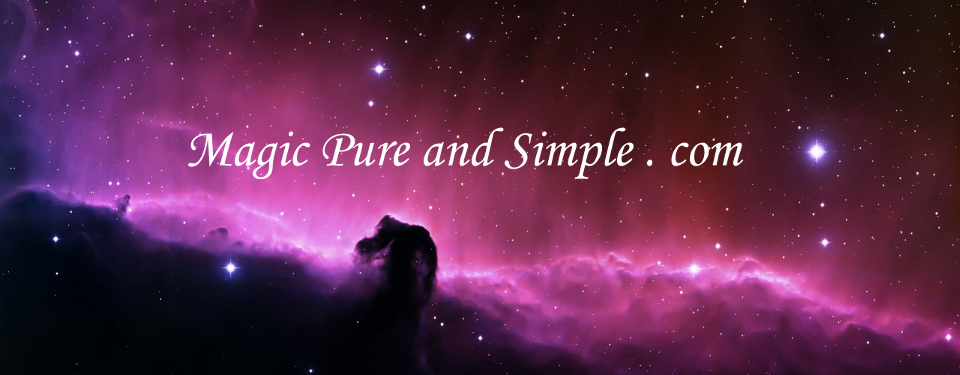The four elements, known commonly in many Wicca, Hermetics and Thelema-based practices around the world, are Fire, Water, Air and Earth. These form a powerful way to work with the universe and with the self. They seem on the face of it, to be a massive oversimplification, but that does not stop the idea of them being useful.
By choosing the world Element we suggest that these are the most simple building blocks of our universe. So in drawing them out in a circle we are finding a way to represent everything that is or can be in a very simple way.
Science has moved on and we recognise many other elemental building blocks such as protons, neutrons, electrons, sub-sub-atomic particles of which these are composed, speed of particle movement, photons … the list goes on. There could easily be made a spirituality based around modern elements … it might even feature the periodic table, but it would struggle to have the simplicity and easy of use that belongs to the 4 elements of the Greek philosopher Empedocles.
These elements have been mentioned by many Greek philosophers and they feature in many cultures around the world. They even feature in the writings of Anaximander who predated Empedocles by about 200 years at 550BC. However while other philosophers made references to them in their speculation about other things, it was Empedocles who set out primarily to call them elements or “roots” in verse and began his main work “On Nature”. I choose to name these elements after Empedocles because there can be no doubt to which elements I refer.
Anaximander, who was one of the earliest commonly-quoted philosophers in elemental theory, sought to correct his mentor’s assumption that water was the root of everything. He wrote that water was not firey enough to have produced fire or earthy enough to have produced earth. There must be a substance that is not bound to have the characteristics of any particular substance, that is the base form of the substances as we know them. He was trying to postulate that there was a single element, which was infinite in nature, that he called Apeiron.
Since his focus was apeiron, I don’t like as much to refer to him as the father of this 4 element theory which I prefer to call Empedoclean Elements or the Elements of Empedocles. Even though there are many philosophers who predate Empedocles saying “Fire”, “Water”, “Air” and “Earth”.
It is not important that this is an accurate representation of the elements of the universe. This is a map rather than the territory. A simple way for an individual to represent everything that can exist. It also allows them to identify and work upon themselves in a meaningful way. A person can work on their “hot” temper while they work with the element of fire and their ability to sit still while they work with earth. This is much easier than trying to work with and perfect their relationship to Magnesium or perhaps even an element that is rare enough a human being is unlikely to have come across a single atom of it in their lifetime.
Please see Elemental Work

Comments
2 responses to “The Four Empedoclean Elements”
[…] Each king presides over their own of the 4 Empedoclean Elements. […]
[…] that you might come across in my writing and most hermetic to have doors to worlds of each of the 4 Empedoclean elements and 7 astrological “planets”. I have known people to use a door similar to that in […]